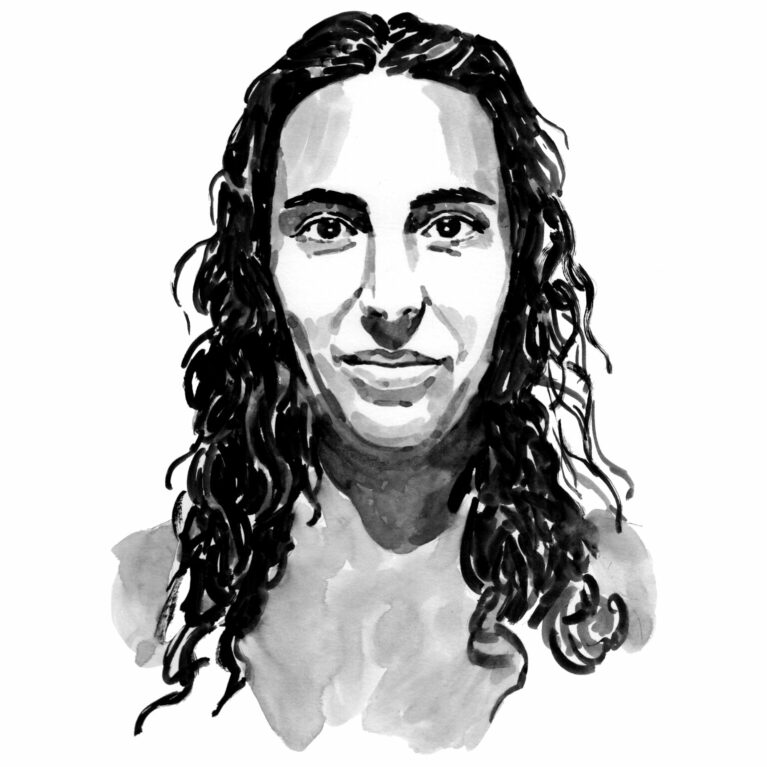Olga M. Azevedo

Who I am
I was born and raised in a village in the north of Portugal that is connected to the Atlantic Ocean via the Coura and Minho rivers, to the Serra d’Arga mountains, to the Veiga plains and to Spain. I like to call it my little piece of heaven, my hidden paradise. It’s a small village, with fewer than 400 inhabitants, and I was always fascinated by the nature all around, the animals and the humans, and the connections between them all. Curiously, I feared the ocean and its big waves, yet as a small child I used to tell my parents that one day I would be working with sharks! But life is weird and I ended up studying to be a speech therapist. I gave up after a year; my calling was in the aquatic sciences. I graduated at the University of Porto and then embarked on a series of adventures that led me to different experiences with several teams in different places. From fish larvae to whales, from heavy metals to behaviour observation, I lived a dream life (with a lot of tears in the middle too, of course). I then decided that it was time to evolve in my career and I obtained an Erasmus Mundus Master’s degree in marine environment from the universities of Southampton, the Basque Country and Liège. My thesis project was about white shark behaviour in South Africa, and I could see my childhood dream gradually coming true. Currently, I am developing my PhD project on ecological links between marine megafauna in Shark Bay, Western Australia.
Where I work
In 2018, I travelled around Australia and just fell in love with the nature and the wildlife here. So what better excuse to come back than doing a PhD and working on my dream job? I am currently doing my PhD in biology, ecology and evolution at the Australian National University in Canberra. This is not a coastal city so, the best part of my PhD is that my field work takes place in Shark Bay, Western Australia. Shark Bay is a UNESCO World Heritage Site due to the important pristine habitats, including extensive sea-grass meadows, it provides for marine megafauna such as dugongs, dolphins, sea turtles, sea snakes and sharks. Unfortunately, Shark Bay is currently classified at ‘catastrophic risk’ from climate change, with extreme heat waves predicted to have tragic consequences. Its capacity to adapt to extreme climatic events seems low and needs to be investigated further.
What I do
I have just concluded my first year of PhD and I like to think that PhD students do a bit of magic! My PhD focuses on revealing the ecological links between tiger sharks, dugongs and loggerhead and green turtles in Shark Bay. My approach is multidisciplinary and includes analysing tracking data and measuring dietary biomarkers. Each day can be a different, so on some I’m working on the computer and processing megafauna movement data, doing statistical analyses (or at least trying) and writing. On other days I deal with the logistics of field or lab work and spend time on managing permits as well. And sometimes I’m on a boat in beautiful Shark Bay, deploying satellite tags on megafauna and collecting tissue samples. This, of course, also involves cleaning gear and organising samples. I spend some days preparing videos and news for outreach communication and others assisting my team colleagues in whatever needs to be done. And then there are the days when I procrastinate (yes, I always tell the truth).
